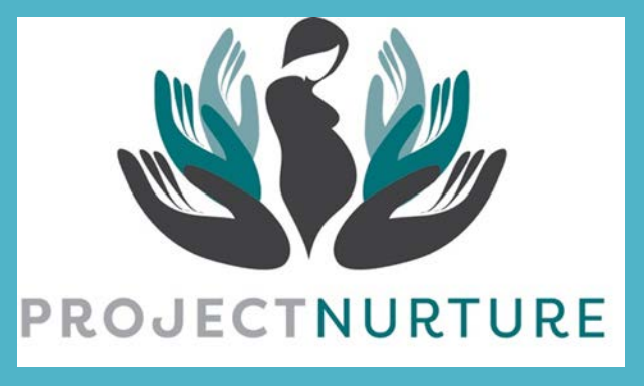An Oregon project that engages women with substance use disorders in prenatal care and medications for opioid use disorder (MOUD)
Project Nurture, developed and managed by Health Share in Oregon, serves pregnant women with substance use disorders,using an innovative model that integrates maternity care, substance use treatment, and social service coordination for Medicaid beneficiaries. Mothers are engaged in:
- medications for opioid use disorder (MOUD)
- education in parenting skills
- postpartum case management
Over 300 women have participated in the program at three sites in the Portland metro area since its inception in 2014. Significant savings have accrued (nearly $220,000) by means of reducing pre-term deliveries, C-sections, and high need care. Besides MOUD, major elements of the program include:
- drug and alcohol counseling
- meetings with peer recovery mentors
- case management upon discharge
- assistance in accessing housing, residential treatment and other community-based services
More details on the program and contact information can be found in these presentations here and here and here and here.









